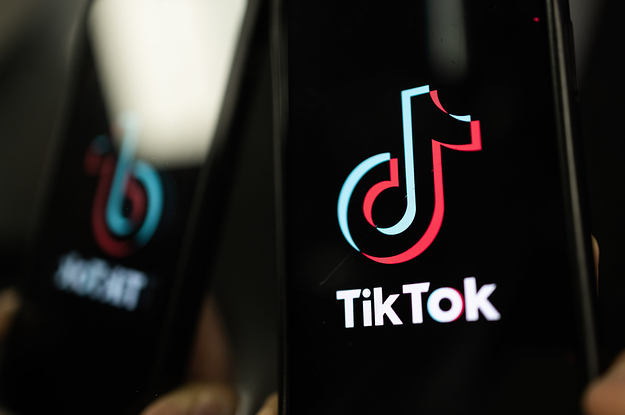Montana Attorney General Austin Knudsen believes that the recent bill passed in Montana to ban TikTok for government employees is likely to be challenged in court, with the potential of reaching the US Supreme Court. Knudsen acknowledges that this issue is the next frontier in First Amendment jurisprudence. In response, a spokesperson from TikTok criticized the bill, stating that it is an attempt to censor American voices without a feasible plan for implementation. The spokesperson vows to continue fighting for TikTok users and creators in Montana whose livelihoods and First Amendment rights are at risk.
The scrutiny of TikTok’s data-sharing and privacy practices has been ongoing for years due to concerns that its parent company, ByteDance, is controlled by the Chinese government. Last year, TikTok confirmed a report that engineers in Beijing had accessed the data of US users. In a recent congressional hearing, TikTok CEO Shou Zi Chew faced questioning over these issues as lawmakers consider legislation to outlaw the platform and grant the government authority to ban technologies deemed a national security risk. The Biden administration has reportedly demanded that ByteDance sell TikTok or face a total ban on the app, but the Chinese government has expressed opposition to a forced sale.
The bill passed in Montana is part of a larger effort to address concerns about the data-sharing and privacy practices of TikTok. The ban specifically targets government employees, aiming to prevent them from using the app on devices issued by the state. Supporters of the ban argue that it is necessary to protect sensitive government information from potential foreign influence. However, critics view the ban as an infringement on First Amendment rights and argue that it unfairly targets a specific app.
The passage of this bill in Montana raises broader questions about the balance between national security concerns and individual freedoms. The issue of data privacy and foreign influence in technology platforms has become increasingly significant in the digital age. Policymakers and lawmakers continue to grapple with how to address these concerns while upholding constitutional rights. The outcome of potential legal challenges to the ban in Montana may have far-reaching implications for the future regulation of social media platforms and the protection of individual rights.
In conclusion, the passage of a bill in Montana to ban TikTok for government employees has sparked a debate about national security, data privacy, and First Amendment rights. Montana Attorney General Austin Knudsen believes that this issue will likely be challenged in court, potentially reaching the US Supreme Court. TikTok has criticized the bill, arguing that it is an attempt to censor American voices without a viable plan for implementation. The scrutiny of TikTok’s data-sharing practices and its parent company’s ties to the Chinese government has been ongoing, with lawmakers considering legislation to outlaw the platform and grant the government authority to ban technologies deemed a national security risk. The ban in Montana raises broader questions about the balance between national security concerns and individual freedoms, setting the stage for potential legal battles and shaping future regulations regarding social media platforms and individual rights.









